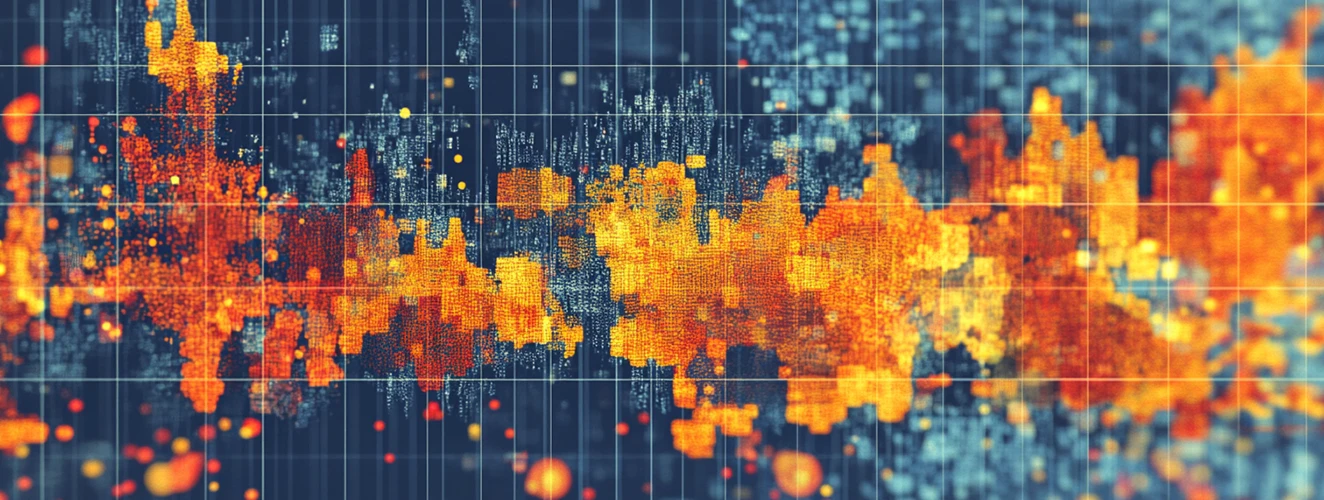
Pathways in Data Science
Course Description
In a world increasingly driven by information, data science has emerged as an all-encompassing term to describe the process of collecting, processing, analyzing, and drawing conclusions from data. The ability to use data science tools and understand their foundations is crucial for those who wish to engage with the greatest challenges in modern society. This course introduces students to the full data science pipeline—question formulation, data collection, storage, computation, visualization, inference, prediction, and communication. In addition to lectures, labs, discussions, and visits by guest speakers, students will learn Python and Jupyter Notebooks and complete a capstone project using real-world data.
Course Criteria
Prerequisite: Students must have taken pre-calculus and should have an interest in coding and statistics.
This course is open to high school students only.
Academic Interest
Computer Science, Data Science, Math, and Statistics, Physical Sciences (e.g., astronomy, physics)
Application Materials
A complete application includes a transcript, two short essays, a letter of recommendation, writing sample, application fee, and a submitted parent confirmation. If you are seeking need-based financial aid, you must indicate that in your application before it is submitted. Please refer to the Application Instructions for complete details.
Cost
$9,300